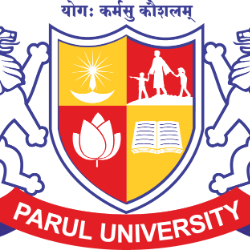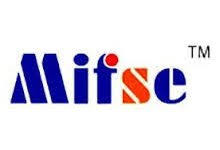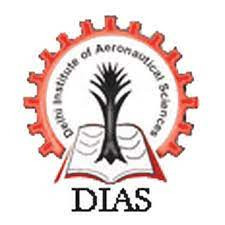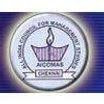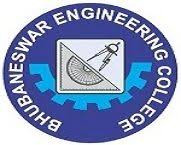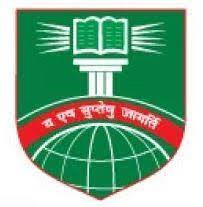Highlights: -
|
Course Name |
Diploma in Aeronautical Engineering |
|
Level |
Diploma |
|
Duration of the course |
2 years (after 12th) - 3 years (after 10th) |
|
Eligibility |
Minimum 50% in 10th or 12th Passed (Lateral Entry) |
|
Education mode |
Full-time, Distance. |
|
Admission Process |
Merit as well as Entrance Exams |
|
Entrance Exams |
DET, AP DEECET, AP POLYCET, AP JEE (Diploma), State CET, State DET, PECE. |
|
Fees of the course |
Rs 10,000 – Rs 1.00 Lakhs |
Eligibility Criteria: -
- Candidates must complete their 10th exams from a recognised educational institute.
- A minimum of 50% to 60% aggregate marks is necessary for the candidates to apply for this course.
- Candidates can also apply after completing 12th in Science stream (for Lateral Entry)
Syllabus for Diploma in Aeronautical Engineering:
The Diploma in Aeronautical Engineering syllabus will vary from college to college, but the course aims and subjects shall remain the same; the subject distribution over the syllabus may differ;but the study matter remains consistent. Nevertheless, candidates should check the official website to know the complete syllabus. Here is a general guide to Diploma in Aeronautical Engineering syllabus design, as commonly followed by Indian colleges:
|
Semester 1 |
Semester 2 |
|
Mathematics-I |
Mathematics-II |
|
Basic Workshop Practice |
Basic Aeronautics |
|
Engineering Drawing |
Communication Skills |
|
Basic Electronics |
Electrical Technology |
|
Chemistry |
Computer Fundamentals |
|
Physics-I |
Physics-II |
|
Semester 3 |
Semester 4 |
|
Mathematics-III |
Aerodynamics |
|
Engineering Thermodynamics |
Aircraft Systems |
|
Aircraft Materials and Processes |
Aircraft Propulsion |
|
Aircraft Structures |
Aircraft Maintenance and Repair |
|
Strength of Materials |
Avionics |
|
Fluid Mechanics |
Industrial Training (Summer Internship) |
|
Semester 5 |
Semester 6 |
|
Aircraft Design |
Aircraft Certification and Regulations |
|
Industrial Management and Entrepreneurship |
Aerospace Manufacturing Processes |
|
Aerospace Propulsion |
Aerospace Materials |
|
Aircraft Stability and Control |
Advanced Avionics |
|
Aircraft Instrumentation |
Aerospace Engineering Drawing |
|
Aircraft Performance |
Project Work |
Further studies after Diploma in Aeronautical Engineering: -
- B.Tech. in Aeronautical Engineering.
- Post Graduate Diploma in Aeronautical Engineering.
- Certification Courses: - Aircraft Maintenance Engineering, CAD/CAM Certification, Aircraft Structures Certification, Aviation Safety Management, Unmanned Aerial Vehicle (UAV) Certification, and Aerospace Propulsion Systems.
- Short-Term Training Programs in Aeronautical Engineering.
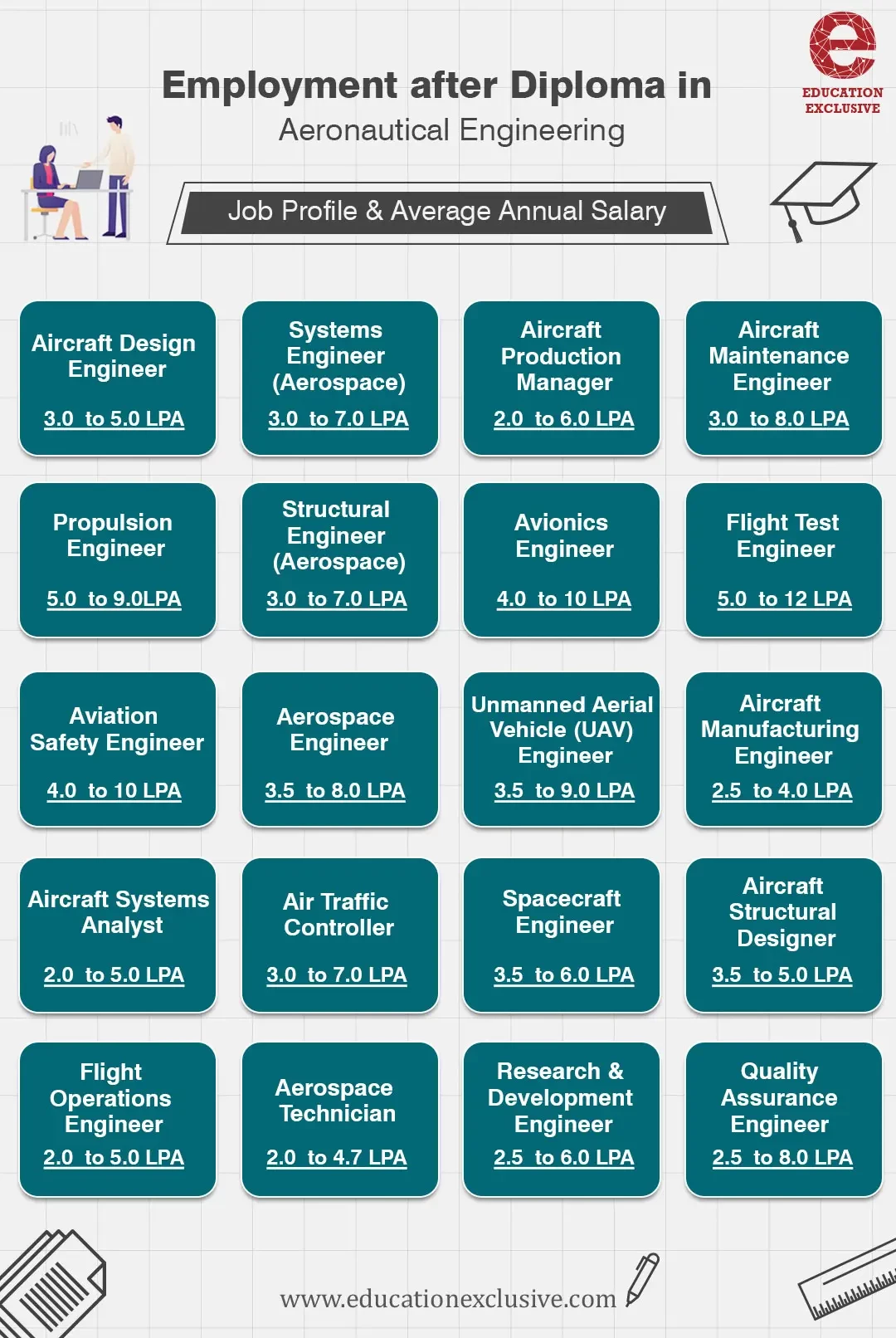
FAQs
- What is a Diploma in Aeronautical Engineering?
A Diploma in Aeronautical Engineering is a degree that teaches students about Aircraft development and Aircraft manufacturing components creation and maintenance. They are primarily concerned with the design, manufacture, service, and testing of Aeroplanes.
- What's the difference between aeronautical engineering and aerospace engineering?
An Aeronautical Engineering course focuses on the design and construction of Aircraft, as well as their testing in the earth's atmosphere. Aeronautical Engineers can find work in national and international, public and private, aviation, and industrial industries. Aerospace engineering is concerned with the design, testing, production, and construction of aircraft, spacecraft, rockets, satellites, the space shuttle, and other vehicles.
- What are the requirements for a Diploma in Aeronautical Engineering after the tenth grade?
To enrol in a Diploma in Aeronautical Engineering after completing the 10th grade, you must have passed the 10th board exams from a recognised board or educational institution.
- Can I continue more study, such as a bachelor's degree, after earning a Diploma in aeronautical engineering?
Yes, after earning a Diploma in aeronautical engineering, you can continue your education by pursuing a Bachelor of Engineering (B.E.) or Bachelor of Technology (B.Tech.) in Aeronautical Engineering or a similar discipline to improve your employment possibilities.
- Is it necessary to have strong maths and science skills for this program?
Yes, having a strong foundation in mathematics and science, particularly physics, is essential for success in a Diploma in Aeronautical Engineering program. These subjects form the basis of Aeronautical Engineering concepts.
Other specialisation in Diploma: -
Diploma in Computer Science, Diploma in Mechanical Engineering, Diploma in Civil Engineering, Diploma in Information and Technology, Diploma in Electronics and Communication, Diploma in Automobile Engineering, Diploma in Chemical Engineering, Diploma in Instrumentation Engineering, Diploma in Production Engineering.

